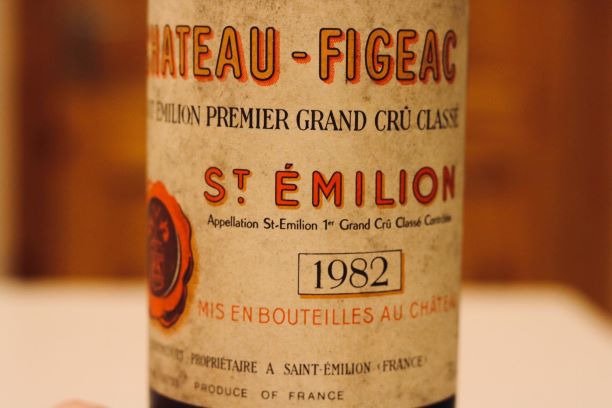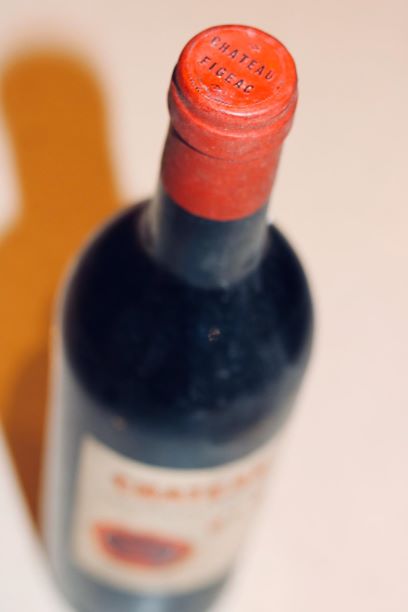IN VINO VERITAS: All in a label’s work (Part 1) – by Morgan Vanderkamer

A few years back wine on tap made its debut on the market. I admit I was hesitant at the time, but recently I made the move to actually implementing it.
From the beginning I was concerned with not engaging in the romance of opening a bottle, pulling the cork and placing the bottle on the table, the adoration part of the wine drinking experience. It got me thinking about what ‘the label’ has meant to wine drinkers for along time. It is the wines identity; it gives a glimpse of the wines story, the region and the producer. How much do we value a wines label?
Wine drinking is constantly evolving. While it can tell a story for some others prefer to drink and enjoy no questions asked; they know what they like and drink accordingly. Others will collect the wines and perhaps never drink them, the wines are commodities, trophies and there are bragging rites for particular labels you have in your cellar. For those of us who study wine there are those defining wines that set themselves apart from the rest. What defines these great labels? What makes wines so expensive compared to the next ones?

Bordeaux has a renowned history for its wines. The 1855 Classification defined the wines of the left bank of Bordeaux and little has changed in regards to it today. There are questions of quality in some cases but year after year the wines of Bordeaux will retain their elite status. The land, wine making and new oak barrels all contribute to the cost of the wine but its reputation is built on history and striving for quality and consistency.
There are quality versus quantity gaps in all of the world’s wine regions, even Bordeaux. The lesser wines will ride the coattails of a great vintage and quality focused producers will always triumph with consistency.
Consistency is key for all wine drinkers, whether it is McGuigans or Petrus, label or no label. Stepping out from behind the label is what defines that consistency. Wines on tap have also proven this consistency, with all of the elements of quality wine making, however, their story is told in a different way.
The label will certainly connect consumers to wines for many years to come but as we progress globally with climate change and trade perhaps the market will be shared more so with wines that reduce shipping costs, wastage and are more environmentally friendly, while still focusing on quality. For the nostalgic type, like myself, labels transport you to that place, the vintage; how it gave the wines its unique qualities. The label is the face of the wine.
NEXT WEEK: In part two, Morgan compares iconic wines, from an iconic vintage and unique wines to wines with no labels. What makes each of them great? When do you decide to take that special bottle from the cellar and make it a memory, and what defines each of these wines from one other?

MORGAN VANDERKAMER
Morgan is sommelier and co-owner of the award-winning Barrow’s Keep restaurant in Thomastown, Co Kilkenny.
For more information or to make a booking, log on to: http://www.barrowskeep.com
Phone: 085 250 7461
Email: info@barrowskeep.com





